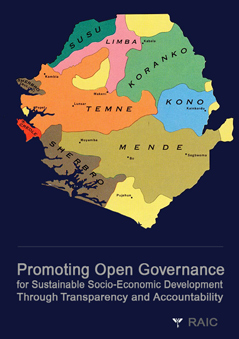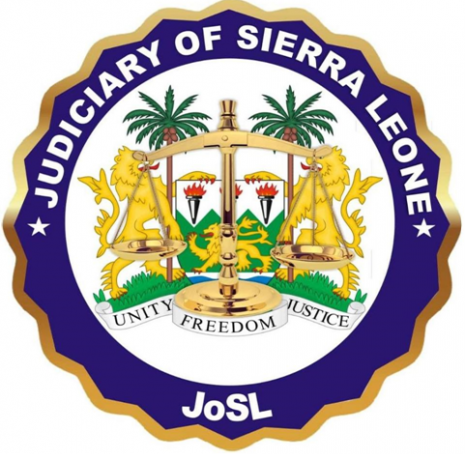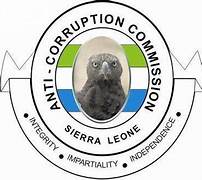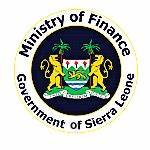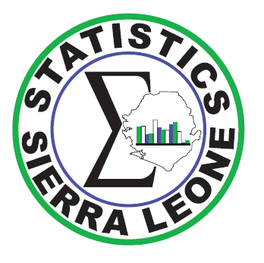
Records are valuable assets of organizations. Good records management helps protect records and also enhance organizations’ operational efficiency. The RAI law is as good as the quality and credibility of the records and other information that provides access. Access rights are of limited value if the intended information is not found when requested; even when found, cannot be relied on as authoritative.
Good records and information management benefit those requesting the information because it provides some assurance that the information provided will be complete and reliable. It benefits those holding the requested information because it enables them to locate and retrieve the information easily within the statutory timelines. In strengthening its records management efforts, the Archives Unit conducted basic records management in-house training at the Commission’s Secretariat in March 2019. The training was organized to provide staff at the national secretariat with basic guidance on records keeping and file referencing procedures of documents developed within the commission and received from external organizations.
The Commission through the Records Management wing undertook a review of the status of records management in the MDAs and assessing their readiness in the implementation of the RAI Act, 2013. The Commission also administered ninety-two (92) questionnaires to MDAs on the implementation of the RAI Act and basic records keeping systems. Only twenty-eight (28) of the questionnaires were completed and returned to the Commission. It also conducted a random survey assessment on Records Management Systems in 10 MDAs to do on-the-spot-check and to cross check whether the information that was completed in the questionnaires was the same. The report of the assessment was used by the World Bank as a basis for the selection of the five (5) MDAs to establish pilot model RM repositories with a consultant from TIWAI Memory Masters SL.
The Commission brought together about 60 participants for the validation of draft Code of Practice by multi-stakeholders in December 2019. This validation exercise was facilitated by Mr. Muniru Kawa as private consultant and Mr. Albert Moore, the Snr. National Archivist. The Code of Practice provided guidance to public authorities in the keeping, management and destruction of records as well as the review and transfer of such records to public archives. The Commission also actively participated in developing the new Records and Archives Management Bill which awaits enactment for effective implementation.




